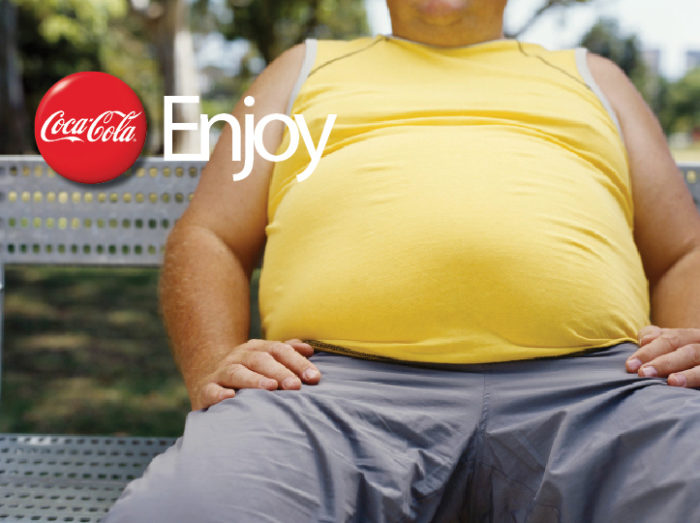Two ways you became addicted without realizing
Different people define addiction differently, but this one covers the bases: “a brain disorder characterized by compulsive engagement in rewarding stimuli despite adverse consequences.”
Once, almost the only way to addict yourself to something was to try something you knew might addict you, expecting you’d stop before the addiction set in, and then find yourself addicted. That is, you may have underestimated the risk, but you consciously chose to risk gambling, smoking, drinking, or whatever. Maybe peer pressure felt overwhelming, you lacked accurate information, or you had other extenuating circumstances, but you anticipated the situation somewhat and assumed the risk with some awareness.
I suggest that today we find ourselves addicted without choosing to risk and without awareness. I have empathy, compassion, and sympathy for such people. I’m developing this view to help raise awareness, help people get clean, and help stop the people and organizations driving the system.
One way: The consequences of once apparently benign activities become adverse
You start a habit with no adverse consequences, then the results became adverse. When I grew up, my family flew a lot. For decades after the Wright brothers, people knew pollution was a problem, but I think they saw it like fire, which our ancestors used before they were human. If smoke blew right in your face, it might make you cough, but only in high concentrations. Even if it did, it would dissipate and nature would process it. It didn’t pollute except before dispersing, then it went away.
No matter how positive you considered flying, using plastic, or many other once apparently-benign now polluting activities, the world has changed. They harm others. They have adverse consequences.
It may not seem fair. We grew up not knowing about their harm. The world changed as did our understanding of it. An activity without adverse consequences developed them. A behavior once a habit became an addiction because its consequences became adverse. Darn, too many other people doing what you do made something fun an addiction.
A second way: The rewarding stimuli overwhelmed you
Robert Woodruff, Coca-Cola’s President and leader for over sixty years, knew how to addict when he said, “I want to put a Coke within an arm’s reach of desire.” He only had to trigger the craving. Our minds do the rest.
I noticed a relevant pattern about a decade ago. People were recommending the TV show Breaking Bad. I watched a few episodes and enjoyed them. I was studying leadership so tried to explore the characters to understand why they did what they did. I kept not being able to understand them. They kept doing things I couldn’t find motivation for from my understanding of humanity.

At last I figured it out: the characters’ behavior came from the writers and producers wanting to make the viewer craving watching more, hence binge-watching, another way to say addiction. Drama used to be an art to learn more about humanity as an artistic expression. For many shows it has become engineered for profit, not expressed as art.
In other words, in our world, the amount of rewarding stimuli motivating behavior with adverse consequences has come to dominate our worlds. Ads don’t describe products’ features and benefits. They hit your reward mechanisms. We removed Shakespeare’s and Aristophanes’s humanity that prompted self-awareness and learning with engineered addiction.
I see it in more than TV. Food was transformed to doof, leading to adding sugar to most products on shelves, as well as salt and fat. Fast Fashion replaced a few new garments a year to wearing jeans on average seven times before disposing of or donating them.

In summary
In summary, you’re likely addicted to many things and behaviors that pollute, but you don’t notice it because you started doing it before people learned its adverse consequences. The world changes beyond your control, but it changed.
Another way: promoters filled our world with stimuli suggesting reward.
We didn’t change, the world did. It added adverse consequences and rewarding stimuli. We got stuck with the resulting addiction.
Read my weekly newsletter

On initiative, leadership, the environment, and burpees